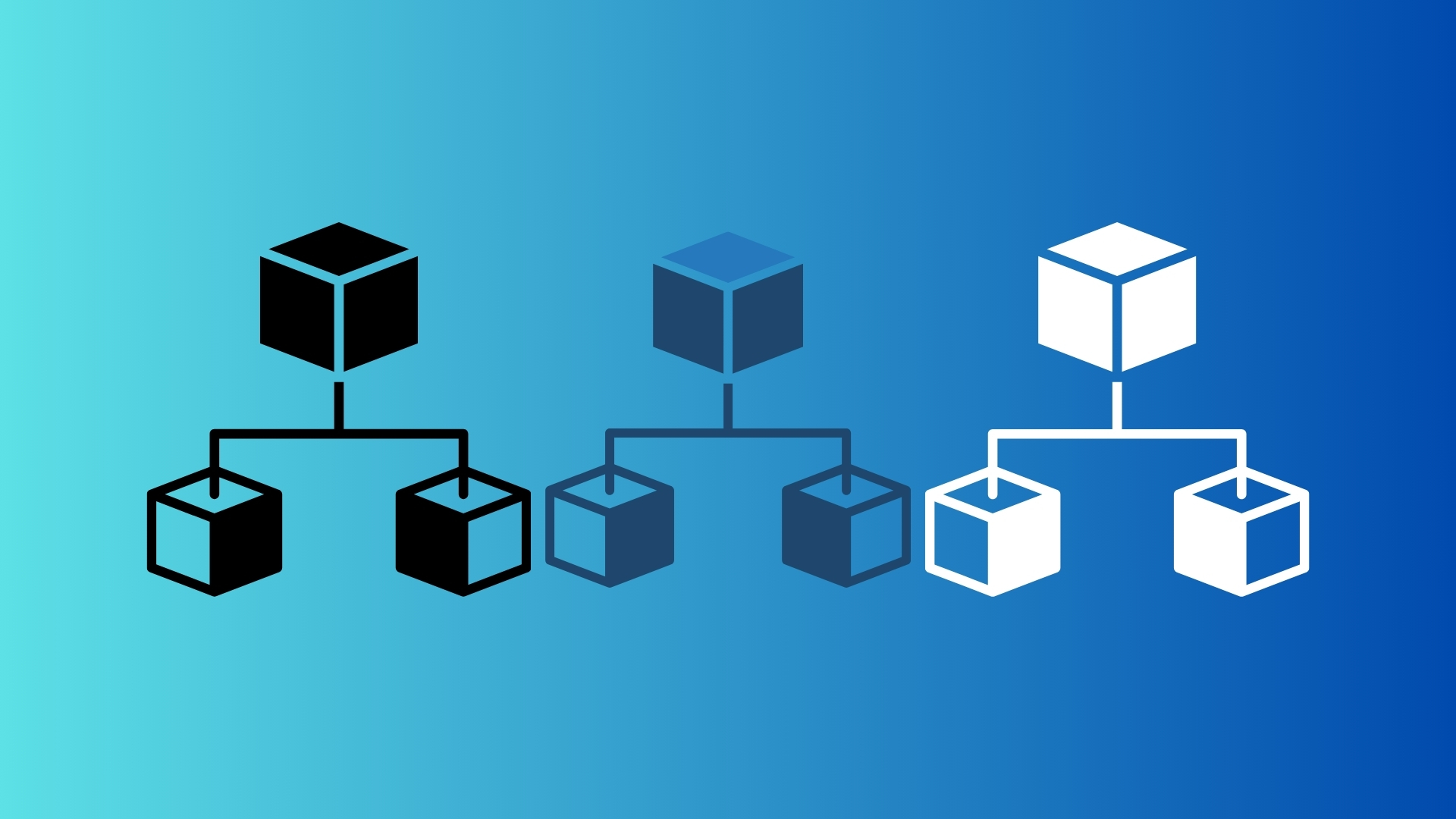What are Blockchain forks ?
Overview of blockchain forks
A blockchain fork occurs when the blockchain diverges into two separate paths, creating two distinct versions of the ledger. This divergence can result from changes in the protocol, updates to the software, or disagreements within the community about the direction of the project.
Types of Blockchain Forks
1. Hard Forks
A hard fork is a radical change to the blockchain protocol that makes previously invalid blocks or transactions valid (or vice-versa). This type of fork requires all nodes or users to upgrade to the latest version of the protocol software.
- Permanent Split: Hard forks often result in a permanent split of the blockchain, leading to two separate chains.
- Example: Bitcoin Cash (BCH) is a result of a hard fork from Bitcoin (BTC) due to disagreements over block size.
2. Soft Forks
A soft fork is a backward-compatible upgrade to the blockchain. In a soft fork, only previously valid transactions become invalid, and new rules are introduced that are compatible with the old rules.
- Temporary Split: Soft forks usually do not lead to a permanent split of the blockchain. Nodes that do not upgrade can still participate in the network.
- Example: The Segregated Witness (SegWit) upgrade in Bitcoin was a soft fork aimed at increasing transaction capacity.
3. Accidental Forks
Accidental forks occur when two miners find a block at nearly the same time, creating a temporary split in the blockchain. These are typically resolved quickly as subsequent blocks are added.
- Short-Lived: These forks are usually resolved within a few blocks as one chain becomes longer and is accepted as the valid chain.
- Example: Minor blockchain splits that occur frequently during regular network operation but are quickly resolved.
Causes of blockchain forks
1. Protocol Upgrades
Upgrades to the blockchain protocol can lead to forks. These upgrades may aim to improve security, scalability, or functionality.
2. Disagreements Within the Community
Differences in opinion among developers, miners, and users about the future direction of the blockchain can lead to forks. These disagreements often revolve around issues such as transaction speed, block size, and governance.
3. Security Vulnerabilities
Identifying and addressing security vulnerabilities can necessitate forks. A hard fork may be required to implement a patch that all nodes must adopt to secure the network.
4. New Features
Introducing new features or functionalities can lead to forks, especially when the changes are significant and not all participants agree on the implementation.
Implications of forks
1. Network Security
- Hard Forks: Can enhance security by fixing vulnerabilities, but can also create security risks if the community is divided.
- Soft Forks: Typically improve security without causing a split, maintaining network integrity.
2. Community Division
- Hard Forks: Often lead to a divided community, with separate groups supporting different chains.
- Soft Forks: Usually maintain community cohesion as they are backward-compatible.
3. Market Impact
- Value Fluctuation: Forks can cause significant fluctuations in the value of the original and new cryptocurrencies.
- Investor Sentiment: Forks can impact investor confidence, depending on the perceived stability and future prospects of the blockchain.
4. Innovation and Development
- New Features: Forks can drive innovation by introducing new features and functionalities.
- Development Resources: Divert resources as developers may need to support multiple chains post-fork.
10 Examples of forks
1. Bitcoin Cash (BCH)
- Forked from: Bitcoin (BTC)
- Date: August 1, 2017
- Reason: Disagreement over block size limits. Bitcoin Cash increased the block size to 8MB to allow more transactions per block, aiming to improve scalability and transaction speed.
- Impact: Creation of a new cryptocurrency, Bitcoin Cash, which has its own community and development team.
2. Ethereum Classic (ETC)
- Forked from: Ethereum (ETH)
- Date: July 20, 2016
- Reason: The DAO hack, which resulted in a significant amount of ETH being stolen. The Ethereum community decided to hard fork to reverse the hack, while a faction chose to maintain the original chain, now known as Ethereum Classic.
- Impact: Two separate blockchains and communities, Ethereum (ETH) and Ethereum Classic (ETC), with differing philosophies on immutability and intervention.
3. Litecoin (LTC)
- Forked from: Bitcoin (BTC)
- Date: October 13, 2011
- Reason: To create a “lighter” version of Bitcoin with faster block generation times (2.5 minutes) and a different hashing algorithm (Scrypt).
- Impact: Litecoin is considered the silver to Bitcoin’s gold, offering quicker transaction confirmations and serving as a testbed for new Bitcoin features.
4. Bitcoin SV (BSV)
- Forked from: Bitcoin Cash (BCH)
- Date: November 15, 2018
- Reason: Disagreement within the Bitcoin Cash community regarding block size and protocol development. Bitcoin SV (Satoshi Vision) increased the block size to 128MB to allow more transactions per block.
- Impact: Bitcoin SV emerged as a separate cryptocurrency, promoting a vision closer to what its proponents believe to be Satoshi Nakamoto’s original intent.
5. Zcash (ZEC)
- Forked from: Bitcoin (BTC)
- Date: October 28, 2016
- Reason: To create a privacy-focused cryptocurrency with enhanced security and anonymity features using zero-knowledge proofs (zk-SNARKs).
- Impact: Zcash offers users the option to shield transactions, providing greater privacy and confidentiality compared to Bitcoin.
6. Dash (DASH)
- Forked from: Litecoin (LTC)
- Date: January 18, 2014
- Reason: To create a more privacy-centric and user-friendly cryptocurrency. Dash introduced features like InstantSend and PrivateSend for faster and more anonymous transactions.
- Impact: Dash is recognized for its governance model and its focus on usability and privacy.
7. Monero (XMR)
- Forked from: Bytecoin (BCN)
- Date: April 18, 2014
- Reason: To improve privacy and security. Monero enhanced the original Bytecoin protocol with more robust privacy features using ring signatures, stealth addresses, and confidential transactions.
- Impact: Monero is a leading privacy coin, known for its strong emphasis on user anonymity and transaction privacy.
8. Stellar (XLM)
- Forked from: Ripple (XRP)
- Date: July 31, 2014
- Reason: To create a more decentralized and community-driven network for cross-border payments and financial inclusion. Stellar focused on lower transaction fees and faster processing times compared to Ripple.
- Impact: Stellar has gained popularity for its efforts to facilitate financial inclusion and its partnerships with various financial institutions.
9. Dogecoin (DOGE)
- Forked from: Luckycoin (LKY), which was itself forked from Litecoin (LTC)
- Date: December 6, 2013
- Reason: Initially created as a joke, Dogecoin aimed to have a fun and approachable cryptocurrency with a friendly community. It uses the Scrypt algorithm like Litecoin.
- Impact: Despite its humorous origins, Dogecoin has become a widely recognized cryptocurrency with a large, active community and notable charitable contributions.
10. Bitcoin Gold (BTG)
- Forked from: Bitcoin (BTC)
- Date: October 24, 2017
- Reason: To decentralize mining by switching from Bitcoin’s SHA-256 algorithm to Equihash, making mining more accessible to general-purpose hardware rather than specialized ASICs.
- Impact: Bitcoin Gold aims to return mining power to the average person, enhancing decentralization and security.
Conclusion
Blockchain forks are a fundamental aspect of the decentralized and evolving nature of blockchain technology. Understanding the types, causes, and implications of forks can help participants navigate the complexities of the blockchain ecosystem. Whether it’s a hard fork, soft fork, or an accidental fork, each event shapes the future of the blockchain and its community.
Stay informed about the latest developments in blockchain technology to make educated decisions and understand the evolving landscape of digital currencies and decentralized applications.
You can start by enrolling in our free courses.
Free Blockchain Course


